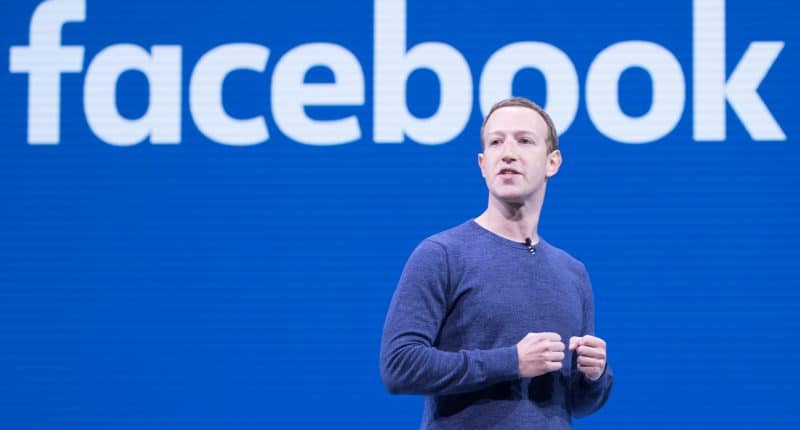At a historic antitrust trial in Washington on April 15, Meta CEO Mark Zuckerberg admitted that the primary motivation behind acquiring Instagram in 2012 was its superior camera functionality compared to Facebook’s own development efforts at the time. He confessed that Instagram’s product was more advanced, leading to the conclusion that acquiring Instagram was the preferable option.
Interestingly, Zuckerberg also revealed that Meta’s internal attempts at creating new applications often did not succeed, strengthening the motivation for the acquisition. In fact, during his testimony, Meta CEO elaborated on the decision-making process (for related acquisition), stating that the company was conducting a ‘build vs buy’ analysis while developing a camera app.
It is important to note that Zuckerberg’s disclosure aligns with the US Federal Trade Commission’s (FTC) allegations that the social media powerhouse – Meta engaged in a ‘buy or bury’ strategy, aiming to eliminate emerging competitors to maintain its dominance in the social media landscape.
Notably, the FTC’s lawsuit (originally filed in 2020) seeks to unwind Meta’s acquisitions of Instagram (in 2012 for a $1 billion deal)) and WhatsApp (in 2014 for around $19 billion deal), arguing that these moves were intended to suppress competition unlawfully.
Meanwhile, Zuckerberg countered these allegations by highlighting the current competitive environment, mentioning platforms like TikTok, YouTube, and Apple’s messaging service as significant rivals. He argued that these competitors diminish the FTC’s claims of Meta’s monopolistic behaviour.
Speaking more about the case, the most interesting part is that internal communications serve as substantial evidence, including a 2012 email from CEO Mark Zuckerberg acknowledging Instagram’s rapid growth as a motivation for the purchase. Even in this ongoing trial, Mark Zuckerberg, former COO Sheryl Sandberg, and Instagram co-founder Kevin Systrom are listed as key witnesses.
Earlier, the Zuckerberg-led company stressed that the FTC had previously approved the acquisitions of Instagram and WhatsApp, and argued that reversing these decisions would set a concerning precedent. Meta also highlighted the technical complexities and potential user disruptions that could occur from separating the integrated infrastructures of its platforms.
However, despite all such clarifications and arguments, this remains a matter of serious concern for the company, as a ruling against Meta could compel it to divest its key platforms – Instagram and WhatsApp, fundamentally altering its business structure.
The scenario becomes more interesting as, in recent times (following the regime shift in the US), Meta CEO Mark Zuckerberg has reportedly been engaging with President Donald Trump, including attending private dinners and public meetings. In fact, despite maintaining a cautious stance towards Trump previously, Zuckerberg contributed $1 million to Trump’s inaugural fund. Clearly, this evolving alliance raises questions about potential political influence on the ongoing legal proceedings.
Importantly, this is not the first case of a major tech company facing potential divestment. Earlier in 2024, the US Department of Justice (DOJ) proposed that Google divest its Chrome browser after a federal judge ruled the company maintained an illegal monopoly in online search. The DOJ also considered requiring Google to separate its Android operating system and other services to restore competition in the digital market.
Returning to Meta, the historic FTC antitrust case is not the only legal trouble facing the Zuckerberg-led company. Meta (already aggressively involved in the ongoing global AI race) is also encountering lawsuits alleging that it used copyrighted materials without authorization to train its artificial intelligence models.
The Tech Portal is published by Blue Box Media Private Limited. Our investors have no influence over our reporting. Read our full Ownership and Funding Disclosure →






